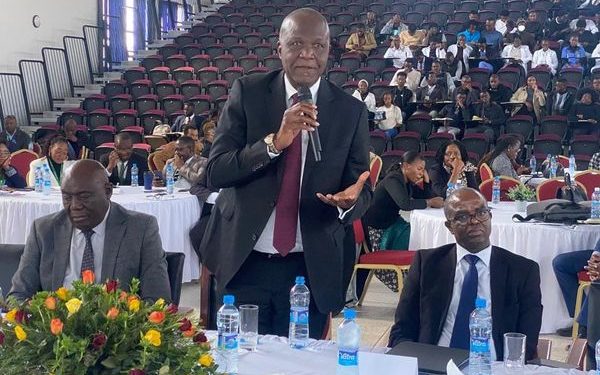Melo News | Wednesday, June 19, 2024 | Lusaka
Zambia has experienced a significant increase of 60 percent in tax revenue collection over the past two years, with credit given to the utilization of artificial intelligence (AI) technologies, as stated by Technology and Science Minister Felix Mutati.
Mutati disclosed this information during a lecture on AI at the University of Lusaka, highlighting the role of AI-powered tools in identifying and addressing tax evasion, leading to the surge in revenue for the Zambia Revenue Authority (ZRA).
The minister emphasized that AI has equipped ZRA with additional tools to boost revenue collection and ensure tax compliance, potentially revolutionizing various sectors beyond tax collection within Zambia.

In addition to tax-related benefits, Mutati also pointed out the potential advantages of AI in enhancing justice delivery through language translation during court proceedings and improving the prediction of weather patterns to mitigate the impact of natural disasters like floods and droughts.
Furthermore, Mutati announced the imminent completion of Zambia’s fiber optic connection to all neighboring countries, with Mozambique set to be connected by the end of June, aiming to enhance the country’s digital infrastructure and business environment.
ZRA Commissioner General Dingani Banda echoed Mutati’s sentiments, acknowledging AI’s role in facilitating faster and more precise fraud detection among importers and exporters, leading to the establishment of a dedicated AI unit at ZRA headquarters staffed by Zambian experts.
Professor Pinalo Chifwanikeni, the vice-chancellor of the University of Lusaka, stressed the importance of developing a comprehensive national strategy to leverage AI across various sectors such as energy and agriculture in Zambia, calling for collaborative efforts to create short, medium, and long-term plans for AI implementation.





































